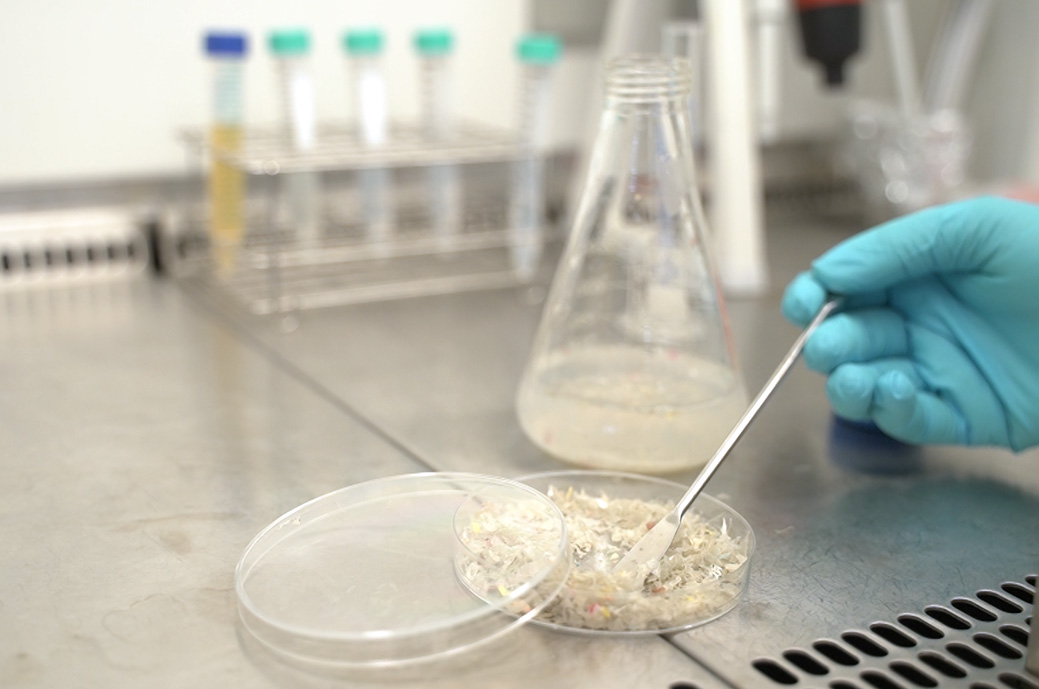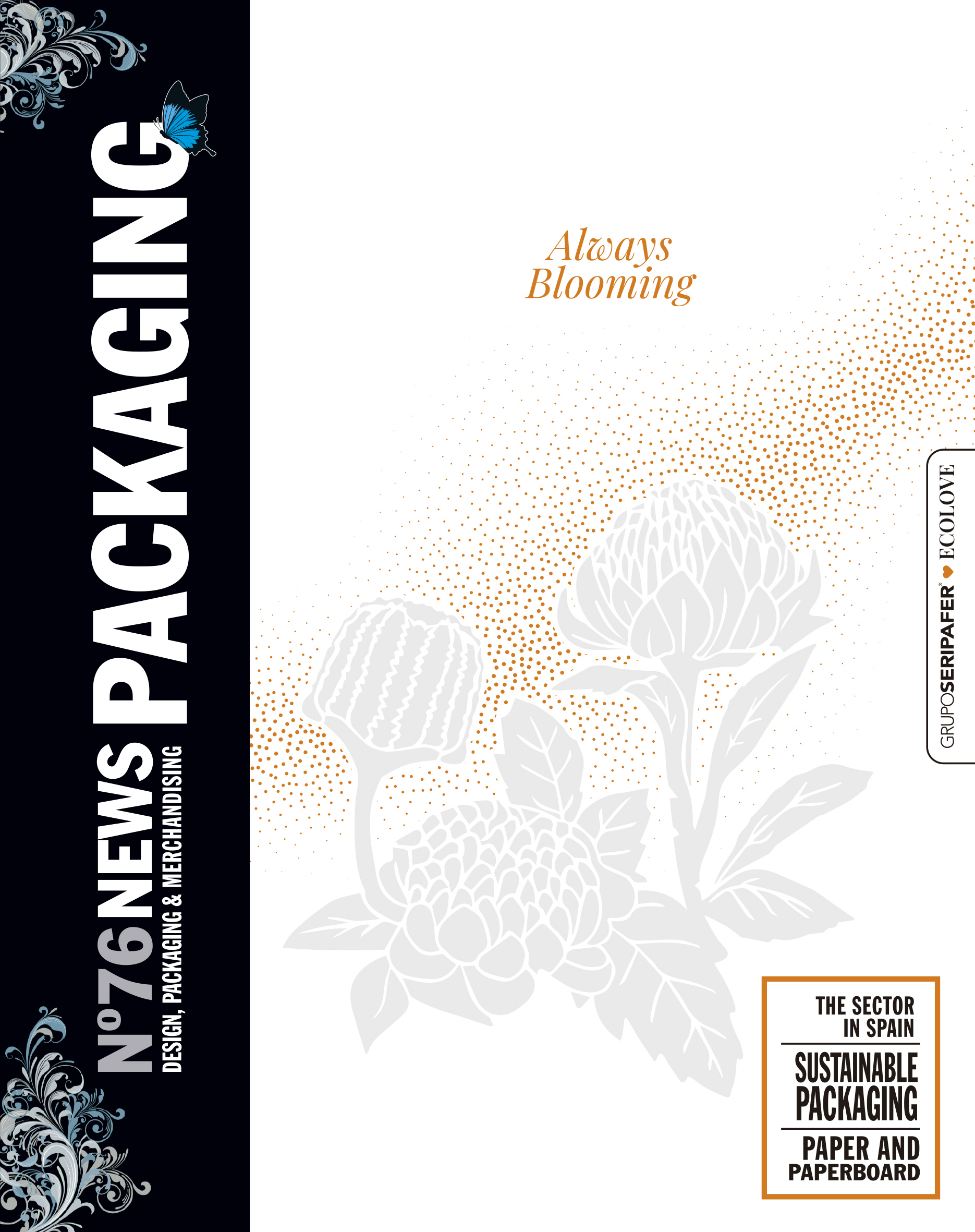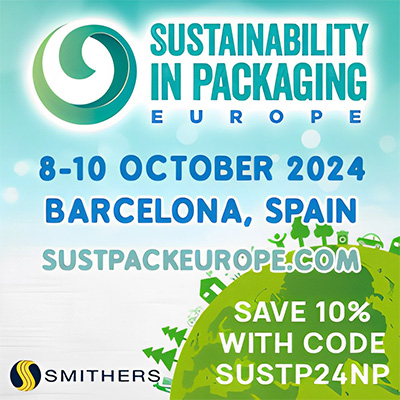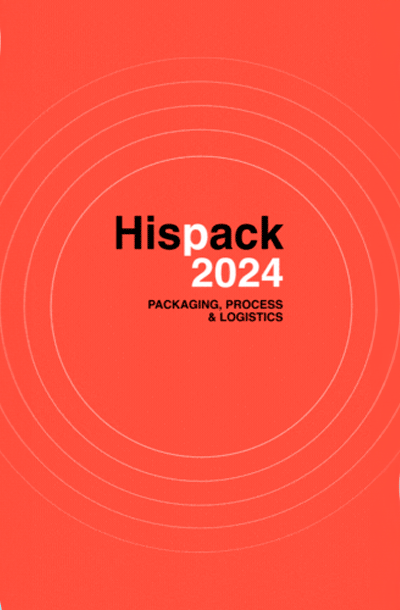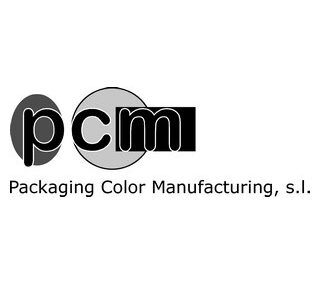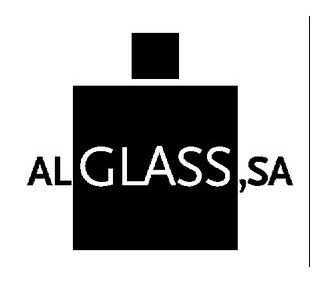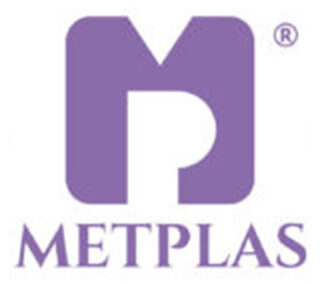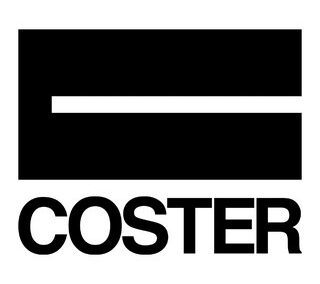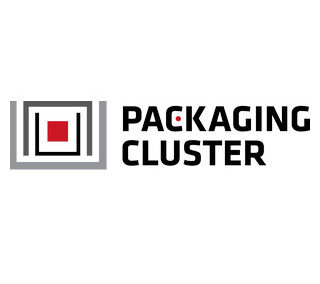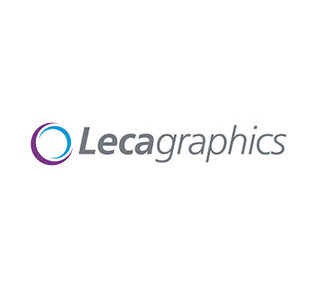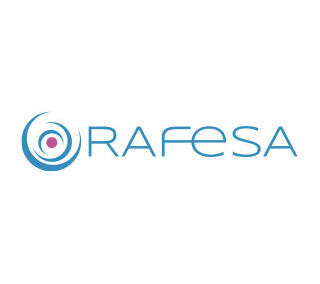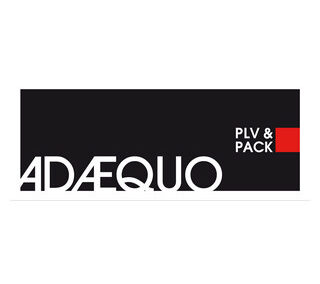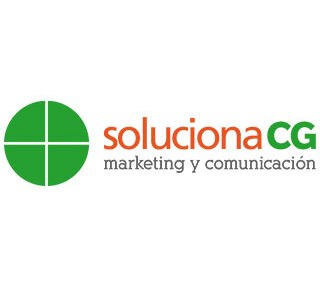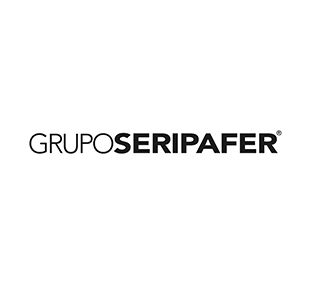The technology center ITENE has developed new biological and chemical processes that allow recovering packaging waste multilayer, monolayer and colored plastic PET (polyethylene terephthalate) that present difficulties for the mechanical recycling or that are currently not recycled.
These investigations have been carried out between June 2022 and this month in the project RecyPET, financed by the IVACE (Valencian Institute of Business Competitiveness) with Feder funds.
The person in charge of the project at ITENE, Antonio Dobón, has highlighted that "the processes developed contribute to achieving the objectives of circular economy established at a European and national level through the reduction of waste incinerated or deposited in landfills and its recovery to be used to obtain new materialsreintroduced into the value chain.
Specifically, the drive for recycling is aligned with the Royal Decree on Packaging and Packaging Waste, which sets the objective of achieving the introduction of at least 25% of recycled plastic en containers of PET in 2025. In addition, the content of recycled material in the packaging represents a way to obtain the exemption of the payment of the virgin plastic tax which entered into force in January, in accordance with the Waste and Contaminated Soil Law for a Circular Economy.
Advanced depolymerization processes
The investigations carried out in RecyPET have focused on offering an alternative to mechanical recycling for PET fractions that are not currently recycled by these methods. To do this, as explained by the researcher, "firstly, the PET value chain was analyzed to detect those types of PET that were not mechanically recycled and that had a potential for use". Thus, colored bottles, residual fractions of PET recycling and multilayer materials were identified as waste of interest.
To boost their recovery, an enzyme-based or enzymatic depolymerization process and a chemical depolymerization process were developed.
The first of these has been a biological depolymerization process through which microorganisms with the capacity to produce enzymes that, in turn, degrade PET waste have been identified. In addition, to improve the process, the microorganisms with the highest production capacity of selective enzymes for PET degradation have been selected.
Specifically, these enzymes make it possible to degrade PET, breaking it down into TPA (terephthalic acid), a monomer that can be used to generate new recycled PET, as well as in other applications, such as paintings, varnishes, cosmetology, etc.
On the other hand, a chemical depolymerization process has been developed to achieve the decomposition of plastic. To do this, a chemical process (solvolysis) has been carried out with ethylene glycol, a chemical compound that, in a liquid state and together with catalysts, allows the decomposition of PET into a monomer, BHET (bis-2hydroxyethyl terephthalate). This monomer can be used as a precursor to manufacture new recycled PET as well as in applications in the paintings y varnishes.
In this chemical depolymerization process, which lasts between 1 and 2 hours, very high yields have been reached, close to 98%. This implies that, through this chemical depolymerization, 98% of the PET is decomposed into BHET. In addition, after a pilot scale-up, it has been verified that up to 700 grams of BHET can be obtained in a reactor for every kilo of PET processed.
These investigations are part of the line of work carried out by ITENE to develop technological solutions that help the value chain of the packing to comply with the different sustainability objectives, among them, to increase the percentage and quality of the recycled packaging materials.

